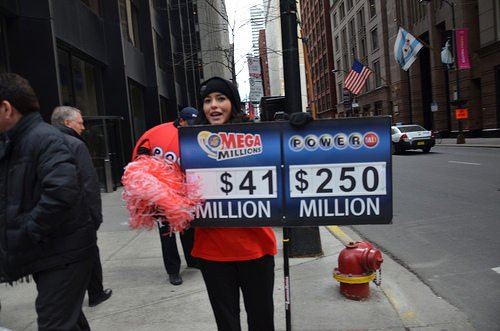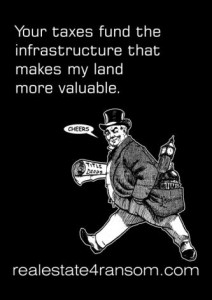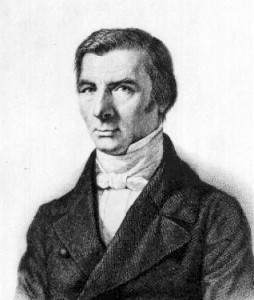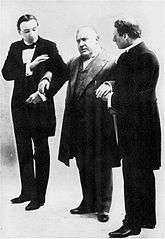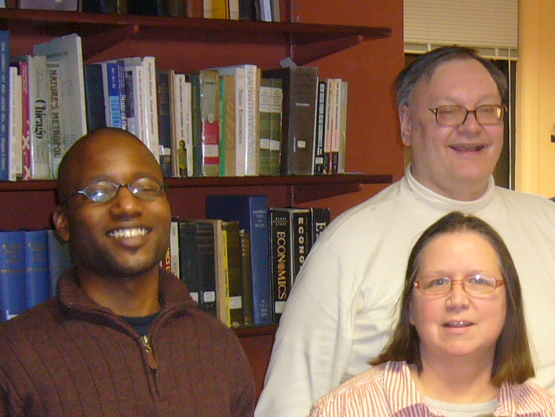
Probably the largest collection of Georgist and geoist documents west of Philadelphia, our Sam Venturella Memorial Library is routinely available by appointment for reference use, with borrowing privileges (except a few works) offered to Henry George School graduates and supporting members (pdf). On the occasion of this open house we invite everyone to see our resources and meet the staff.
JUNE 10 UPDATE: HGS Librarian Irene Marmi will raffle off a free Progress & Poverty course during the open house.
JUNE 18 UPDATE:
- We will celebrate new library shelving and the many book donations received in the past year.
- Farewell to John Kuchta.
- Please invite someone new. All new guests and friends who have not attended a HGS class are eligible to win the complete HG Core classes to be started within the next year.
- 7pm – Real Estate 4 Ransom– movie by Australian geoists
- happy birthday Sandra Lamberger
- decide what book reviews to type up for new location
- a Monopoly board will be set up and refreshments will be served.
hosted by:
Irene Marmi, Librarian and hgs board secretary
Sandra Lamberger, distribution director
Tuesday, June 19, 6 to 8 PM. Free, of course, donations welcome. Futher information at 312 362 9302 or info@hgchicago.org.


